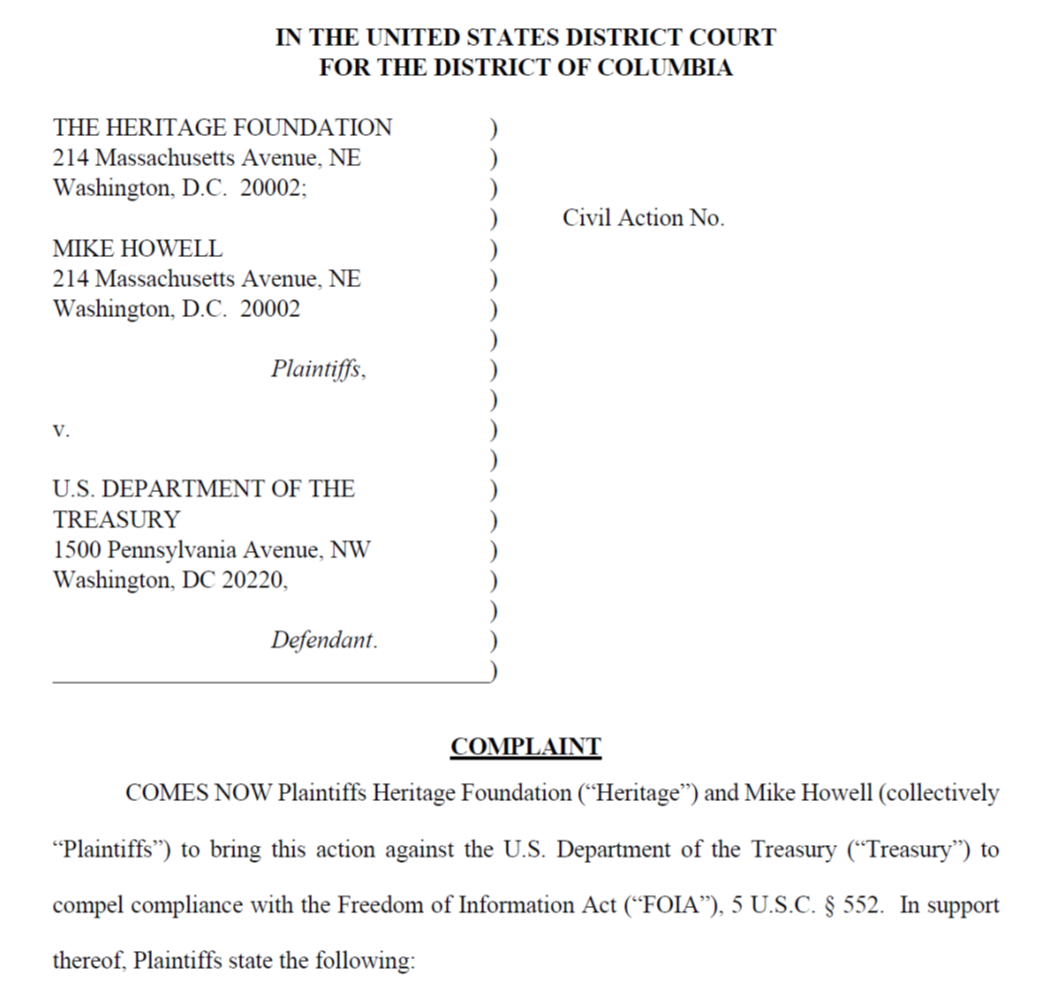From Heritage:
Every dollar the government spends must first be taken from the private sector. Whether the government pays for its spending through explicit taxation, or the hidden tax of inflation, or through borrowing, public activity crowds out private activity.
In short, government spending takes away as much or more than it adds to the economy.
That’s EJ Antoni in June 2023, arguing that the US economy was in recession (I think based on the two quarter drop in GDO, which has now been erased by the BEA’s annual update). Interestingly, that’s exactly the same sort of model that Brian Riedl — then at Heritage Foundation, now at the Manhattan Institute — used 13 years earlier in this WashTimes article:
But there is one problem with the government stimulus theory: No one asks where Congress got the money it spends.
Congress does not have a vault of money waiting to be distributed. Every dollar Congress injects into the economy must first be taxed or borrowed out of the economy. No new spending power has been created. It is merely redistributed from one group of people to another.
It is intuitive that government spending financed by taxes merely redistributes existing dollars. Yet spending financed by borrowing also redistributes existing dollars today. The fact that borrowed dollars (unlike taxes) will be repaid some years later does not change that.
I would’ve thought (actually thought in 2010) that conservative economists with any credibility would have moved beyond simple metaphors. As far as I can tell, Heritage macroeconomists still rely upon some sort of Classical (heck not even New Classical!) models.
Personally, I think Dr. Antoni might’ve been a bit less absolutist in his declarations given Chapter 1 of his PhD dissertation (although I am a little dubious of the instruments he used in his 2SLS regressions).
Digression: Does anybody know what is the status of the lawsuit Heritage brought against Treasury for (allegedly) changing the definition of recession?

Link.


